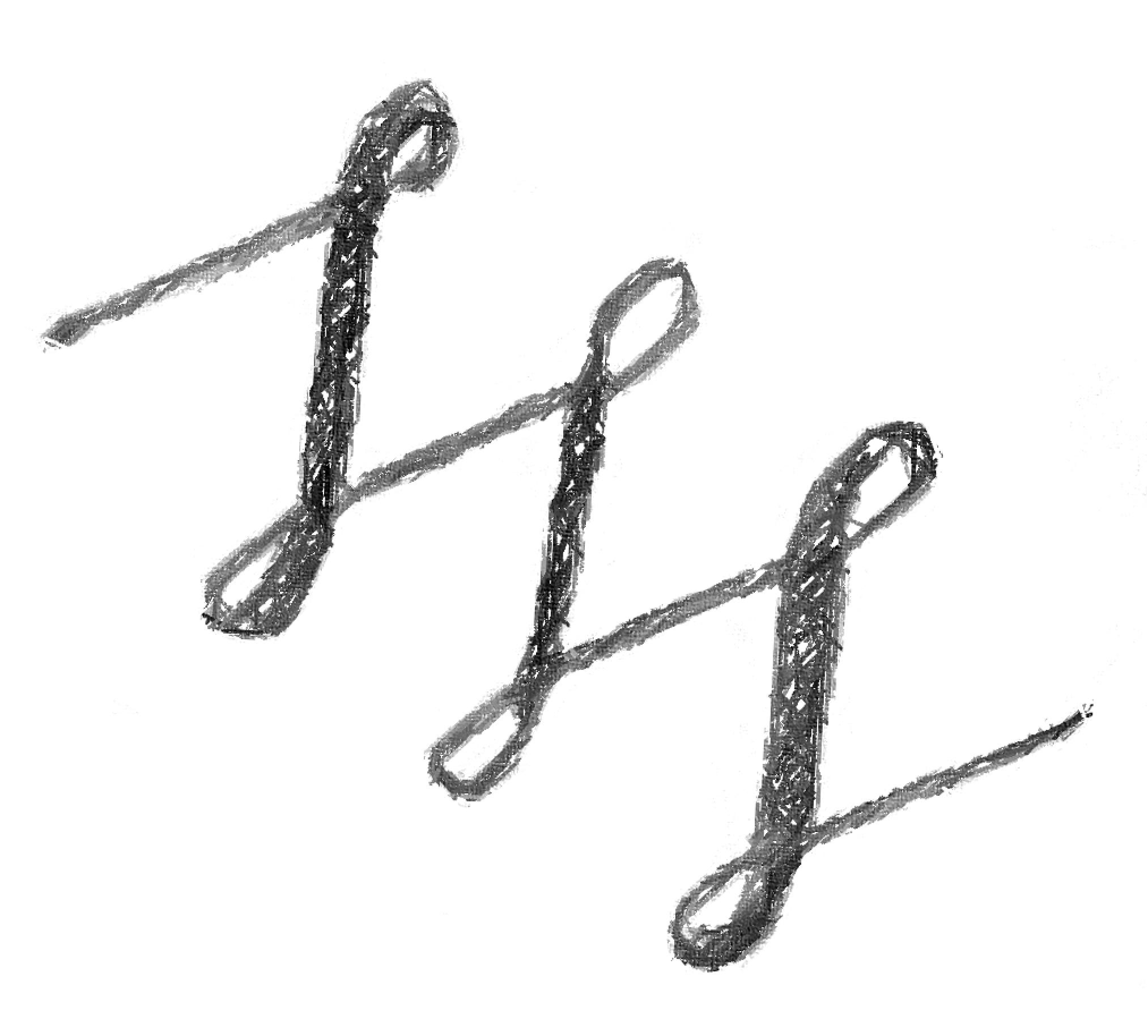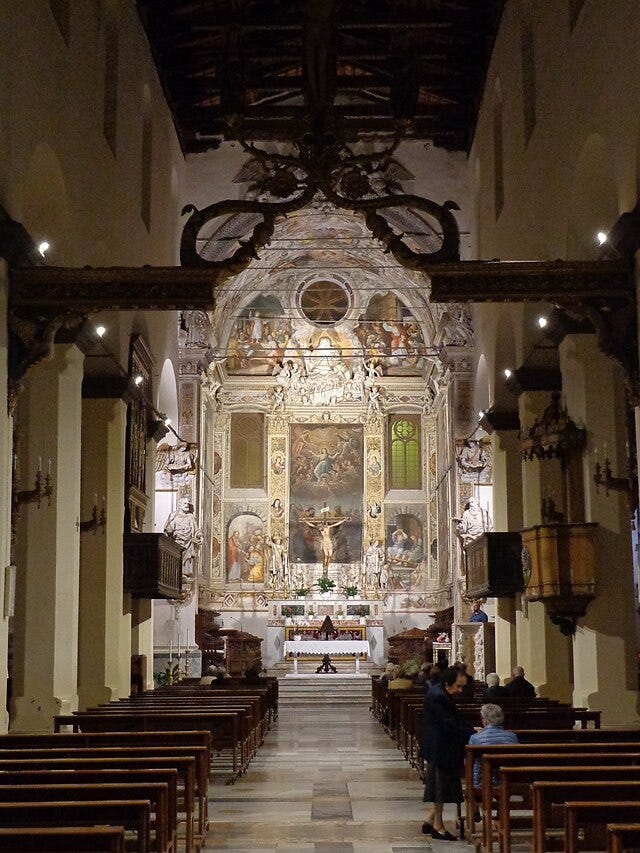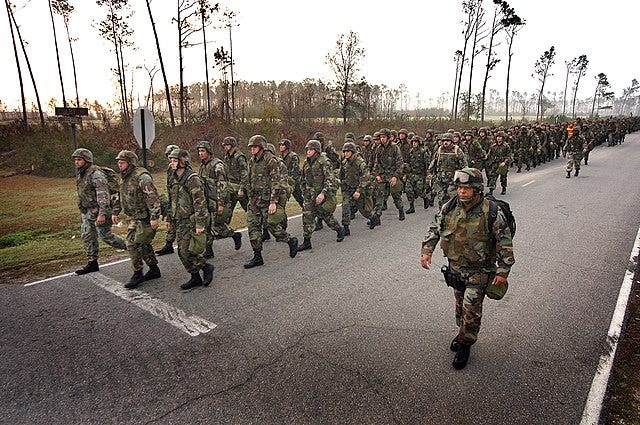Hi all,
Thank you for joining me for today’s song, "Navidad en Libertad" (Christmas in Freedom) by Carlos Mejía Godoy. If you’d like to hear the song before you read about it, I’ve included a YouTube video below the article. Below, you’ll find my translation and interpretation of the lyrics which are written in italics. Comments and questions are welcome.
✳️ Note: The level of this article is for students with a TOEIC of 550+, Eiken Pre-1, CEFR B2. For Japanese students, vocabulary words in bold are provided in Japanese below.
You can listen to each article of “Social Issues in Song” on the Substack App.
(463 words)
Today’s song, "Navidad en Libertad" (Christmas in Freedom), was originally composed by Nicaraguan singer-songwriter Carlos Mejía Godoy. It was written in the 1970s during a period of political and social upheaval in Nicaragua.
Historical and Social Context
The 1970s in Nicaragua were marked by the rise of the Sandinista National Liberation Front (FSLN), a revolutionary movement that wanted to end the Somoza dictatorship. The Somoza family had ruled Nicaragua for 43 years, keeping its power through corruption, violence, and repression.
Music as a tool for social change
The Nueva Canción movement was a Latin American musical movement that encouraged people to support social and political change. Carlos Mejía Godoy was an important person in the movement. His songs often told about the struggles and hopes of the Nicaraguan people, and "Navidad en Libertad" is a good example of this.
This Christmas song is a little different from traditional holiday songs. It calls for social justice, equality, and freedom for oppressed people. The lyrics express hope for a world free from poverty, hunger, and injustice.
The first verse speaks to people who have wealth and reminds them there are people who go without and even spend the night sleeping in the church.
When you unpack your gifts, child from a posh neighborhood
Think of so many children who don't know what Christmas is
Think about the shoeshine boy who will spend Christmas Eve
On a cold hard bench in the cathedral nave
Merry Christmas, Merry Christmas
In justice and freedom
Merry Christmas, a better world
Without misery or oppression
The U.S. supported the Somoza family's rule for many years. The U.S. saw the Somozas as helping to fight communism in the region. American support included military aid and training. Here, the U.S. perhaps sent toys to the children as “tips” or a little bonus.
That toy submachine gun that Santa Claus brought you this year
Is the loving Christmas bonus that Uncle Sam sent you
Today we need more schools, more culture, more education
100 teachers are more important than an armored battalion
The names mentioned in the song, such as Venancio, Pedro, Mincho, La Maruca, Lencho, and Pantaleón, are probably not real people. They may be symbols of the Nicaraguan people, especially those who were oppressed under the Somoza government. By using these names in the song, Mejía Godoy shows the importance of individual stories in the broader social movement.
Let that day come soon when Christmas is no longer / Just the privilege of the rich / But of humanity
Let Venancio, Pedro, Mincho, La Maruca, Lencho and Pantaleón come
Let's sing the Christmas carol of our liberation
The main message in this song inspires us to fight for a more just and equal world where everyone can live in peace and with dignity.
Question
To you, what does it mean to live “with dignity”?
Vocabulary
upheaval 激動
revolutionary 革命的
dictatorship 独裁
corruption 腐敗
repression 弾圧
struggle 闘争
oppressed 抑圧
express 表現する
go without 我慢、~なしで(衣食住)
posh 高級
nave 身廊
misery 悲惨
privilege 特権
regime 体制
cell 独房
dignity 尊厳
Note:
The the end of the song, he speaks several lines. I was able to understand the following which might be of interest to the readers:
Happy freedom to the orphans of Nagasaki
Happy freedom to the children of Cambodia, Korea, and Germany
…
And to all the children of the third world happy freedom.
Sources
Encyclopædia Britannica, inc. History of Nicaragua. Encyclopædia Britannica. https://www.britannica.com/topic/history-of-Nicaragua#:~:text=The%20family%20of%20Anastasio%20Somoza,by%20the%20Sandinista%20National%20Liberation
https://www.counterfire.org/article/yet-another-10-radical-christmas-songs/
Lyrics translation by author.
I believe that education should be free.
All of the articles about the songs will remain free for students to use. (We are all students, are we not?) However, if you find these articles useful and are in a position to make a small (or large) donation, I would be deeply grateful.
buymeacoffee.com/socialissuesinsong








Dignity to me means being treated equally under the law regardless of gender, race, religion (or lack there of) or any other excuse for discrimination. Without the ERA being ratified, women are STILL second class citizens.
Dignity feels like a lost word when I think of the corruption and greed in this world Louise, perhaps we need to think (or the education departments do) about adding Dignity as a new subject to the school curriculum before the contagion spreads!